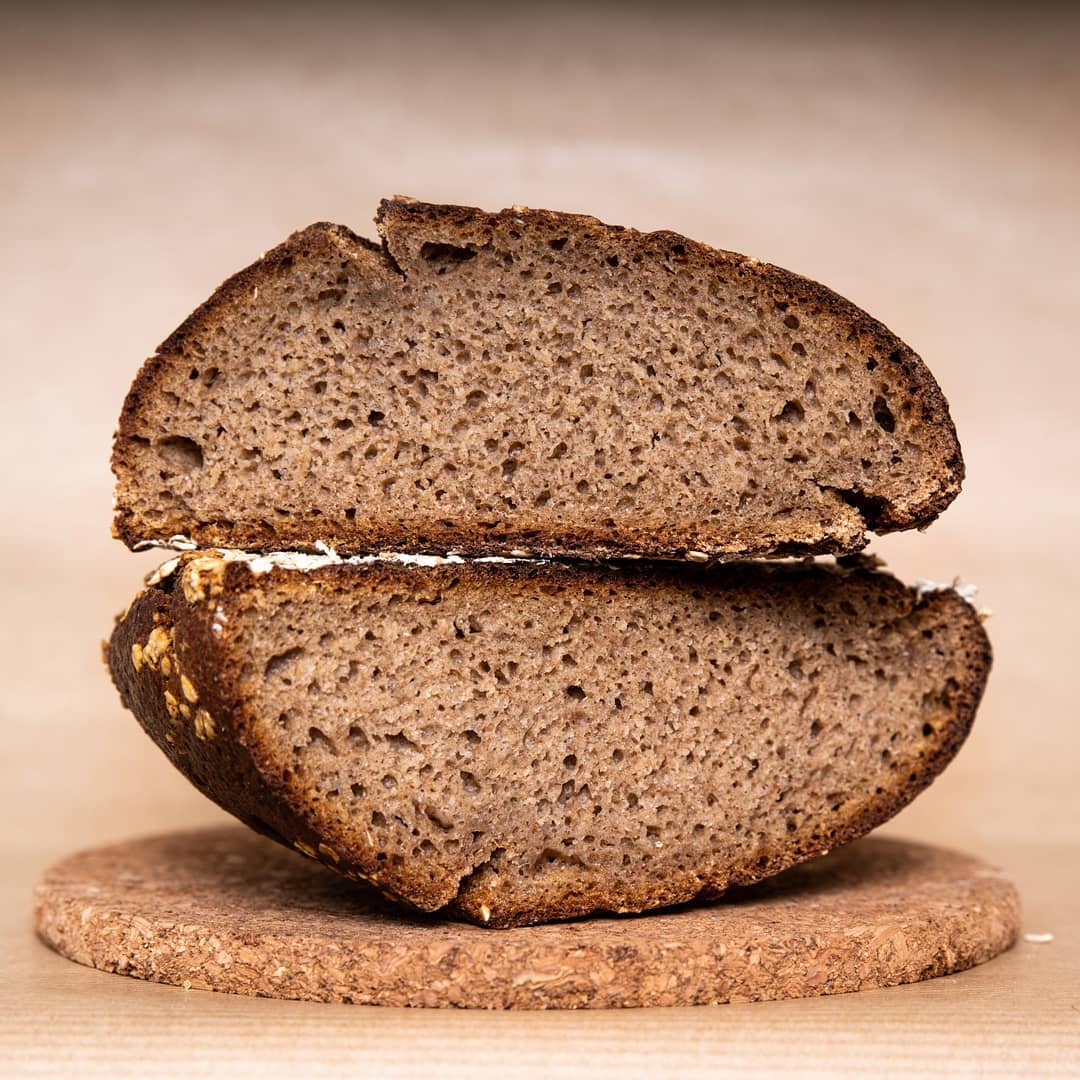Not sure how long it’s been since you saw the movie but it starts and ends with a much older Rose in the modern era, on board a research vessel out looking for the wreck of the Titanic. While aboard she starts telling the story of her time on the Titanic, that story then becomes the rest of the film. There’s a sort of prologue at the end where she wraps it up, then passes away in bed.
I think that’s what OP is talking about.











ingredients to a recipe may well be subject to copyright, which is why food writers make sure their recipes are “unique” in some small way. Enough to make them different enough to avoid accusations of direct plagiarism.
E: removed unnecessary snark